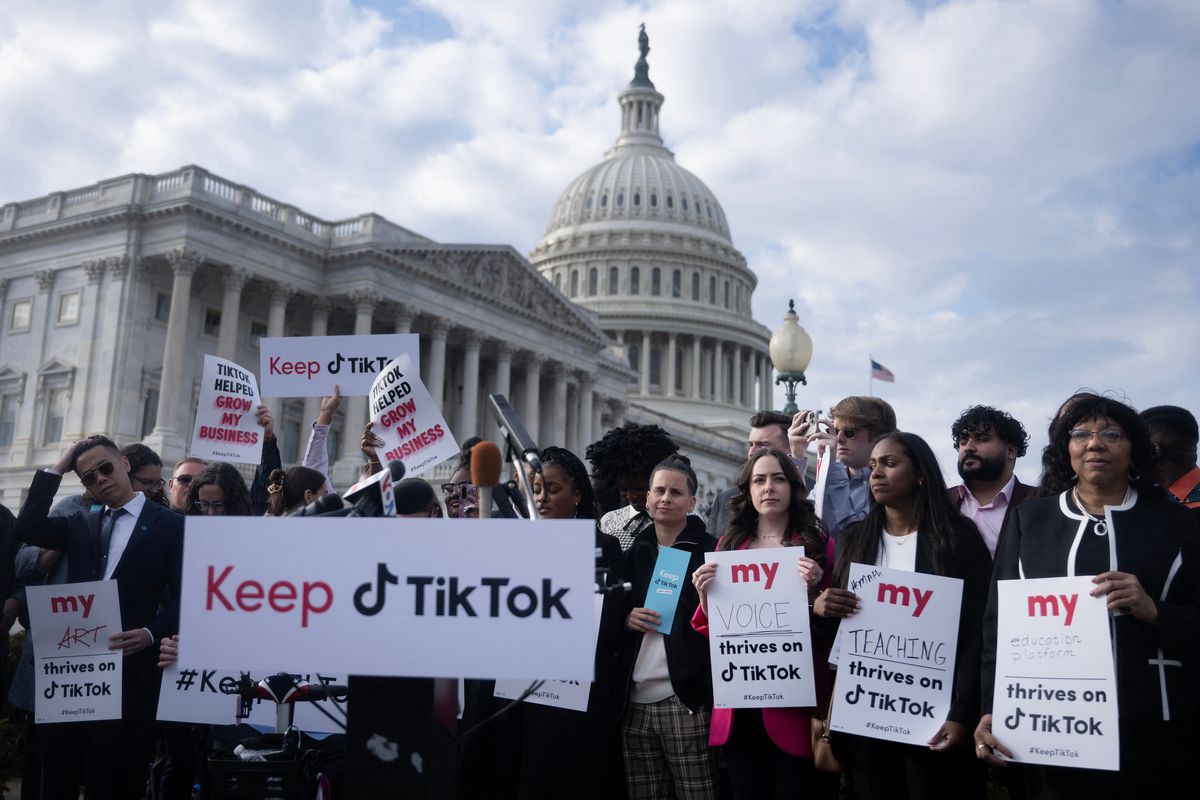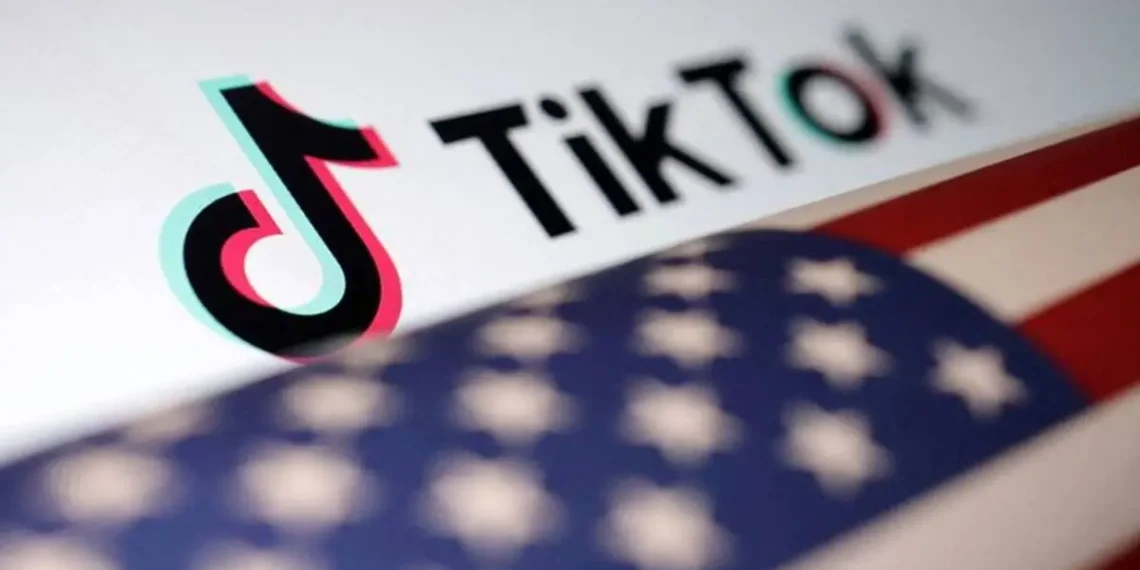Chinese e-commerce vendors aiming to establish a presence on TikTok Shop in the U.S. as an alternative to Amazon are encountering obstacles due to stricter enforcement of rules by the short video app.
TikTok, owned by Chinese company ByteDance, has intensified its regulations for overseas sellers operating on its platform, causing frustration among Chinese vendors and an industry association representing 3,000 Chinese online stores.
TikTok now requires U.S.-registered entities of sellers to be majority U.S.-owned and chaired by an American passport holder. This adjustment poses challenges for Chinese sellers who previously utilized U.S. entities to gain prominence as American merchants on the platform.

They are compelled to re-register as overseas sellers, which they claim results in reduced visibility and support, placing them at a disadvantage compared to U.S.-based TikTok sellers.
The tightened regulations come amidst TikTok’s efforts to balance growth aspirations with regulatory risks.
While TikTok has been vocal about the potential economic impact of a U.S. ban on the platform, it is also striving to compete with larger rivals such as Shein and PDD Holdings-owned Temu by attracting more merchants to its platform.
Despite TikTok’s assertion that its policies remain consistent for all sellers, including international ones, Chinese vendors feel targeted by the platform’s measures. Some are considering scaling back their efforts on TikTok or seeking partnerships with U.S. entities to face the new requirements.

The evolving landscape of TikTok’s shop has prompted apprehension among Chinese vendors, especially amidst concerns about potential retaliation from the platform for speaking out.
With rules changing frequently and strict enforcement in place, vendors like Jackie Bai are reassessing their strategies and exploring options to mitigate disadvantages against competitors.
TikTok’s endeavors to position itself as a viable e-commerce platform face challenges, particularly as it is put through the complexities of international commerce and regulatory compliance.




